International Women’s Day 2019 falls on Friday, March 8th, and it’s with this significant date in mind that Taste of Cinema offers up our selection of the 15 best women directors working today. Granted, this is not a definitive list, but it has been carefully curated to offer a wide selection of formidable filmmakers comprised of talented women with considerable and aggrandizing bodies of work.
For too long the world of cinema has been viewed as something of an elitist boys club –– should you doubt this, I dare you to name five male directors and then, without looking at this list, name five female directors. Wasn’t as easy as all that now, was it?
Women are so often underrepresented in film, despite being some of the most exciting, and important ad rem auteurs currently making movies. Consider this list a cure-all then, to patrist public attitudes and in celebration of stunning cinema.
And please feel free to join in the conversation by listing your favorite female filmmakers we may have overlooked in the comments section below, and don’t forget to check out our Honorable Mentions section at the end of the list. Enjoy!
15. Dee Rees
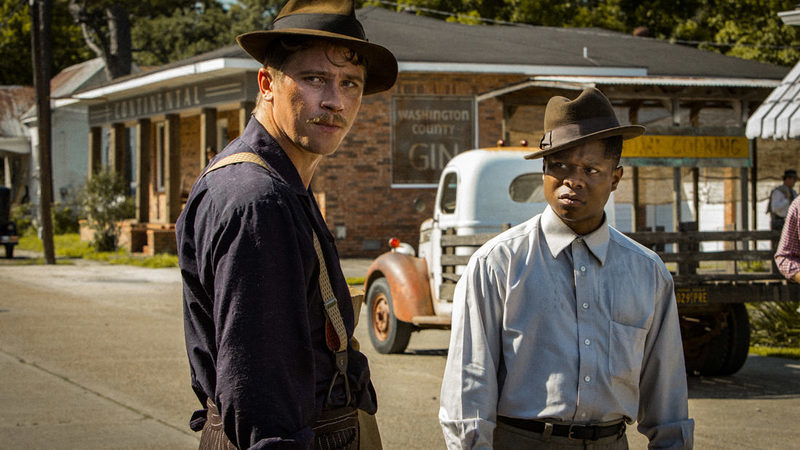
American director and screenwriter Diandrea “Dee” Rees first made a name for herself with her 2011 feature film Pariah, which she followed with her 2015 HBO picture Bessie, and then her 2016 breakthrough Mudbound firmly established her as a major talent. Adapted from Hillary Jordan’s best-selling 2008 novel, Mudbound earned Rees a much-deserved Academy Award nomination for Best Adapted Screenplay.
Up next for Rees is a feature film adaptation of Joan Didion’s 1996 political thriller “The Last Thing He Wanted”, with an A-list cast that includes Anne Hathaway, Rosie Perez, Ben Affleck, and Willem Dafoe as well as an ambitious and hotly anticipated adaptation of Philip K. Dick’s 1964 mindfuck, “Martian Time-Slip”.
14. Karyn Kasuma
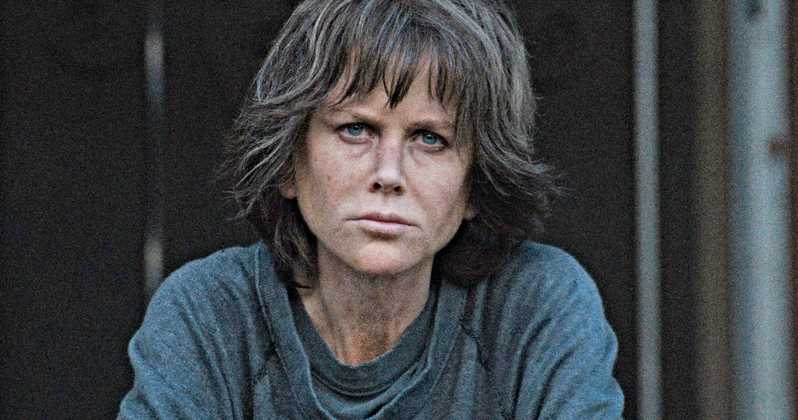
LA-based filmmaker Karyn Kusama, originally from Brooklyn, became a major blip on Hollywood’s radar with her memorable and award-winning 2000 feature film debut Girlfight, which Kusama wrote, directed, and produced.
In the years since Girlfight, Kusama has firmly established herself as a formidable genre director (2005’s Æon Flux is something of a cult favorite for both Manga and sci-fi fans, and horror fans are very affectionate towards her high-concept films like Jennifer’s Body [2009] and The Invitation [2015]).
2018’s crime thriller Destroyer, much more than a Nicole Kidman vehicle, topped several critics lists last year, guaranteeing further attention on Kasuma’s current batch of in-development projects. Let’s hope further collaborations with Kidman, and a return to horror-thrillers are in the future for all of us Kasuma fans.
13. Deniz Gamze Ergüven
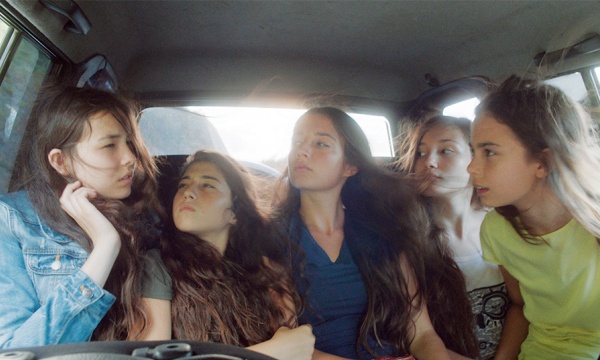
Turkish-French filmmaker Deniz Gamze Ergüven made a serious mark with her appealing and provocative debut film from 2016, Mustang (which she co-wrote with Alice Winocour, a French screenwriter and director who also deserves hefty praise).
An alternately joyous and upsetting tale of five orphaned sisters in a puritanical Anatolia village where arranged marriage is inescapable, many of the details of the film came from Ergüven’s own personal experiences, adding an authenticity that makes the rebellious nature of the film’s heroine’s all the more stirring.
A polarizing film in Ergüven’s native Turkey, due largely to how women are mistreated in the sticks, this also speaks to her fearlessness as a filmmaker. Mustang was followed by Kings (2017) which didn’t have the same critical acclaim as her previous film, but did feature A-list names in the cast, which included Halle Berry and Daniel Craig.
With a several projects currently in development, fans of Ergüven can whet their appetites in the meantime with her work on the big budget sci-fi series about an Earth-to-Mars mission lead by Sean Penn in The First, of which she directed several key episodes, including the pilot. Wherever Ergüven leads us next, we’re sure to follow.
12. Greta Gerwig
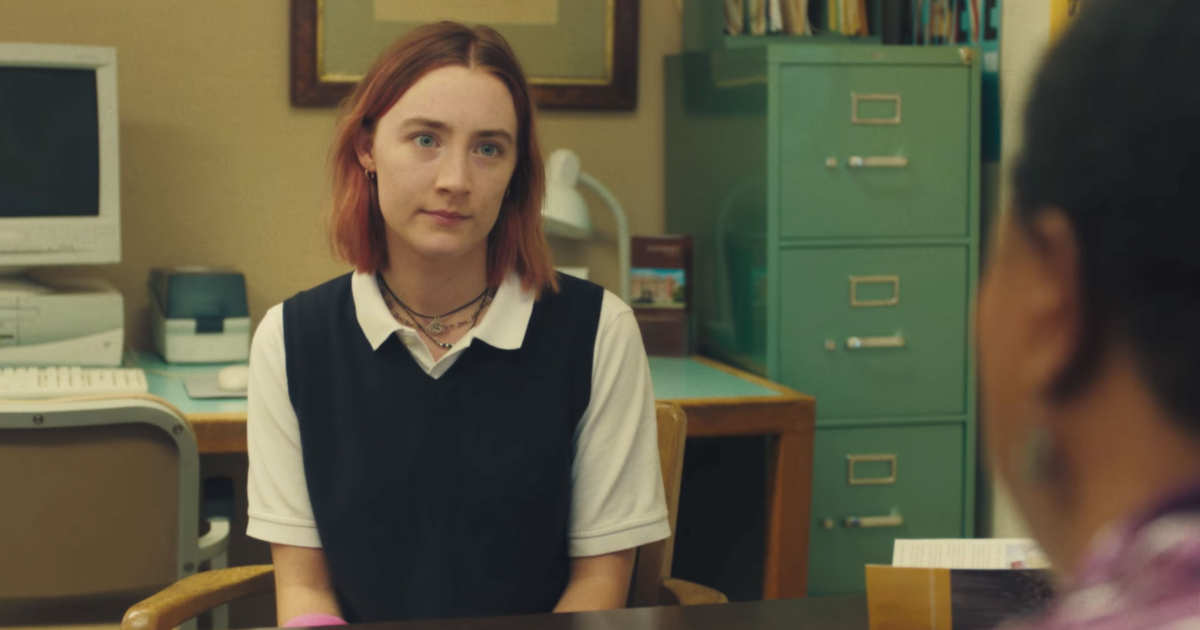
Triple threat Greta Gerwig (actress, writer, and director) first made her mark alongside influential mumblecore filmmaker Joe Swanberg, where she not only acted, but co-wrote and co-directed several films (including Hannah Takes the Stairs [2007], and Nights and Weekends [2008]) before her big breakthrough as an actor in several Noah Baumbach films (Frances Ha [2012], and Mistress America [2015] amongst them).
In 2017 Gerwig met with her biggest solo success to date with her critically adored coming-of-age picture Lady Bird, which she wrote and directed. Receiving two Oscar nominations for Best Original Screenplay and Best Director, Gerwig has since rocketed to the A-list.
Later this year will see her Lady Bird follow up as she adapts the Louisa May Alcott classic “Little Women.” Gerwig’s adaptation, which she’s also written herself, will reunite her with several actors from her Lady Bird cast (including Saoirse Ronan and Timothée Chalamet) along with Laura Dern, Florence Pugh,, Meryl Streep, and Emma Watson. Wow, what a cast. Is it to early to predict another Oscar orgy from this incredible assemblage of talent?
11. Anna Biller
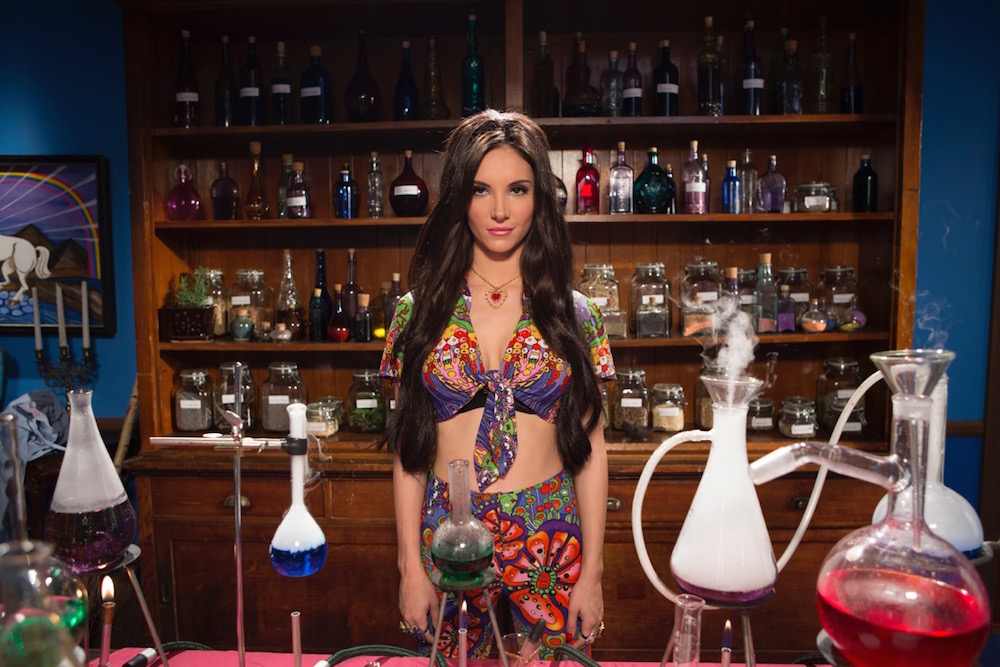
With two wonderfully original features to her name (Viva [2007], The Love Witch [2016]), a third feature on Bluebeard in the works, not to mention a wealth of wonderful art film 16mm shorts, LA-based filmmaker Anna Biller looks to be the savior that American indie cinema didn’t even know it hadt.
Fascinating to think about, stunning to look at, and awash with strange, vintage sensations, Biller’s films feel simultaneously sent from another era and yet are buoyed with beautiful modernistic designs.
Viva is a vividly colorful comedy of social mores and acts as something of an homage to the sexploitation films of the late 60s and 70s, but with a refreshingly sharp feminist edge. The Love Witch, like Viva, takes many cues from the swinging 60s and Technicolor melodramas, as it gleefully and ghoulishly splashes into thriller waters, with doses of Kenneth Anger occultism, Gothic horror elements, and some Lady Sheba brand love magick. How great does that sound?
Biller, intentionally or not, effectively embraces, authenticates and sustains auteur theory. Her delightfully subversive, legitimately unnerving, hilariously quotable, and visually rich films amount to a daring body of work.
10. Kathryn Bigelow
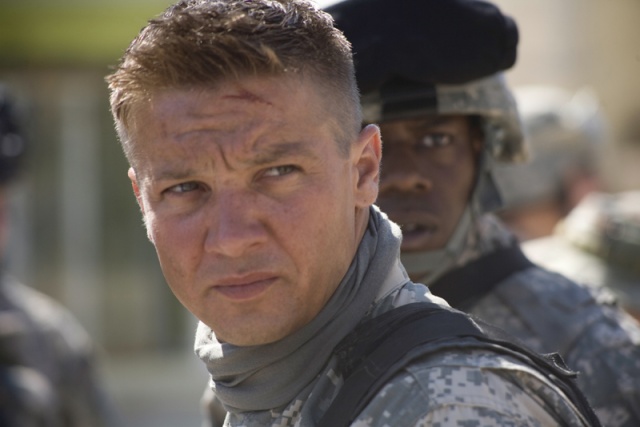
A major Hollywood player since her first string of hits in the 1990s, director, producer, and screenwriter Kathryn Bigelow is fluid in several film genres, though is perhaps best thought of for her intense military-thrillers, 2009’s The Hurt Locker (for which Bigelow broke serious ground as the first woman to win an Academy Award for Best Director) and 2012’s Zero Dark Thirty.
Long time fans of Bigelow have been rooting for her mainstream success ever since her early days with unforgettable films like the vampire Western Near Dark (1987), the “I am an FBI Agent”-declaring glory from Keanu Reeves in 1991’s Point Break, to the dystopian sci-fi thriller Strange Days (1995) as well as her post-Oscar successes like 2017’s Detroit.
An influential and original voice, Bigelow deserves mad props for her decidedly “macho” filmography, and wherever her sights my fall next you can bet it will be unexpected and fist-pumpingly exciting.
9. Patty Jenkins
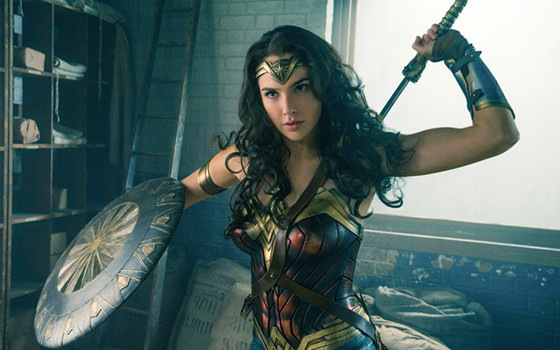
Patty Jenkins’s distinguished directorial debut, Monster (2003), which she also wrote, was too disturbing to make her a household name as she detailed the harrowing real-life story of Aileen Wuornos (Charlize Theron, in a brilliant, Oscar-winning performance) but her huge 2017 success Wonder Woman, definitely announced her arrival as a mainstream maker of culturally relevant and utterly ass-kicking box-office blockbusters.
Currently in post on her Amazonian princess follow-up, Wonder Woman 1985 is already expected to be one of 2020’s biggest hits, and while it’s wonderful to see Jenkins come into her own as a big time director of mega-budget superhero excitation, it would be kind of cool, I think, to see her return to a small scale indie. Not that she has to though.
Like Bigelow, if high-octane, testosterone-addled mainstream studio fare is high-jacked by the likes of Jenkins then maybe the future of populist film is in a great place after all. Maybe the era of James Cameron and Michael Bay can finally sit the shit down.